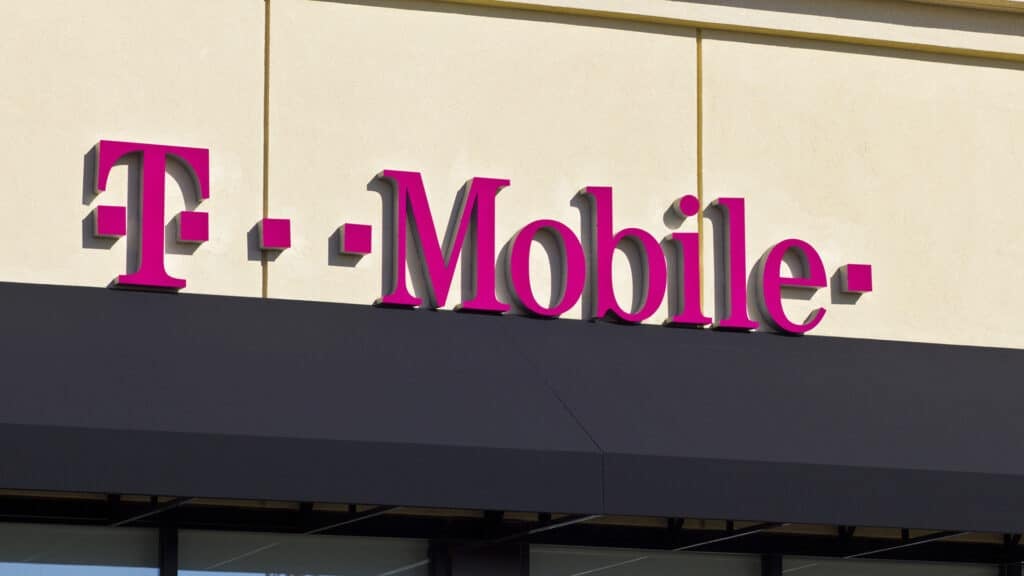The marketing sphere has never been bigger than it is in 2020. Marketing is—in the most literal sense—everywhere. It’s on our phones. In our cars. On our TVs. It’s in our movies. Everywhere we look, at all times of the day, marketing is streaming into our consciousness, and it’s the hard work of the modern CMO that put it there. But with so much possible in the realm of marketing these days, what should CMOs focus on in 2020?
Obviously, the answer to this question will vary by industry. But, there are a few very clear priorities I think every CMO needs to put at the top of their to-do list in the coming year. The following are the most essential.
CMO Priority 1: Remaining Relevant
Just a few months ago, I shared an article titled, Are CMOs Going Extinct?” As we’ve discussed before, the role of the CMO itself is in jeopardy as we head into 2020, with some companies already choosing to eliminate the position in lieu of other tech-focused roles, including Chief Data Officers. At the basest level, one of the most important things CMOs can do this coming year is prove we still need them—that they provide insight and strategic value above and beyond the AI bots chomping at their heels.
CMO Priority 2: Improved Customer Experience
Yes, we’ve been talking about the importance of customer experience in digital transformation for years now. But in 2020, a company’s ability to actually make that experience better—in reality—not just on paper—could make or break them. Right now, more than 50 percent of consumers feel companies need to try harder. With the amount of technology available on the market right now, that’s unacceptable. In fact, I think we’re at a moment in time when the definition of “marketing” is changing. Marketing isn’t just about putting up ads and getting your company’s name out there. It’s about figuring out the best way to meet your customer where they are, and to make it as easy as possible for them to return to you, over and over again. Until CMOs hop on board with this transformation, their companies will be left behind.
CMO Priority 3: Cohesive Multi-channel Experience
This falls in line with the point above on the customer experience level. I highlight it separately because I want to bring attention to the fact that with so many channels flowing toward customers today, creating a cohesive experience is so hard. It will not happen by accident. CMOs need to be very strategic in terms of customer journey mapping and AI journey mapping to ensure that cohesive multi-channel experiences are the foundation of the marketing plan. If not, they’re building their marketing houses on sand.
CMO Priority 4: Be Selective
The martech market alone is now worth $121.5 million globally. There are lots of sparkly toys out there to assist CMOs in doing their jobs better. But in 2020, the smartest CMOs will be the ones who focus less on the martech and more on the purpose behind it. The most successful CMOs will be the ones who figure out how to do the most with the simplest and least-fragmented system. After all, the simpler an ecosystem, the less likely it is to experience a data breach or fail to operate cohesively together.
CMO Priority 5: Looking Beyond the SERP
In the past, hitting Page 1 of Google’s Search Engine Results Page (SERP) was the holy grail of SEO. No, customers are barely willing to scroll down the page to find what they’re looking for. They want it to show up front and center at what is now known as “position zero”—embedded with the search results in such a way that users don’t have to click to find it. Not sure how to get there? Don’t worry. It will likely be monetized soon if it isn’t already.
CMO Priority 6: Improved Personalization and Automation
If 2019 was the year of bad AI, I’m hoping 2020 is the year companies get their CRMs in order to deliver the content customers really and truly want to see. Indeed, last year, I received lots of advertising, mail, and email that had nothing to do with me or my life. It cluttered my life and made me even less likely to respond to anything I received, no matter how personal it may have been. Like I said—bad AI. This year, as companies become more familiar with analytics and data automation, I think (and hope) we’ll see more on-target marketing overall.
Lastly, in 2020s, CMOs need to realize, at the very least, that they cannot go it alone. As long as they have a job, they need to be working hand-in-hand with data officers, information engineers, and tech strategists within their company to ensure that they’re making the smartest and most strategic decisions for their customers and employees both.
Yes, it’s a big weight to carry. And in 2020, it’s possible some CMOs may be crushed by it altogether.
Futurum Research provides industry research and analysis. These columns are for educational purposes only and should not be considered in any way investment advice.
The original version of this article was first published on Forbes.
Author Information
Daniel is the CEO of The Futurum Group. Living his life at the intersection of people and technology, Daniel works with the world’s largest technology brands exploring Digital Transformation and how it is influencing the enterprise.
From the leading edge of AI to global technology policy, Daniel makes the connections between business, people and tech that are required for companies to benefit most from their technology investments. Daniel is a top 5 globally ranked industry analyst and his ideas are regularly cited or shared in television appearances by CNBC, Bloomberg, Wall Street Journal and hundreds of other sites around the world.
A 7x Best-Selling Author including his most recent book “Human/Machine.” Daniel is also a Forbes and MarketWatch (Dow Jones) contributor.
An MBA and Former Graduate Adjunct Faculty, Daniel is an Austin Texas transplant after 40 years in Chicago. His speaking takes him around the world each year as he shares his vision of the role technology will play in our future.







